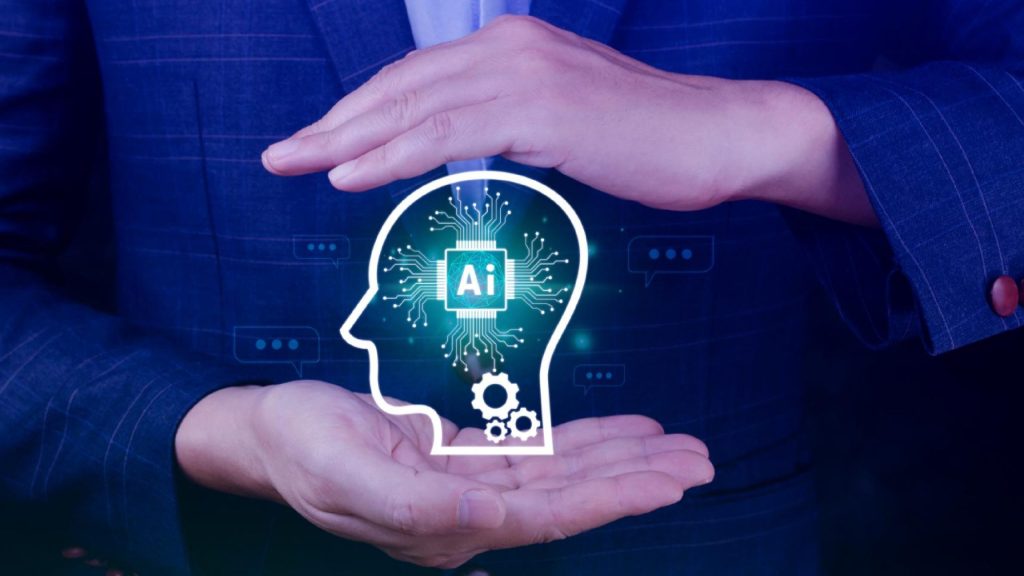Nine out of ten internet users in India, about 724 million people, use artificial intelligence in their daily lives. This widespread adoption marks the beginning of India’s AI revolution. India stands fourth globally in AI investments and has attracted $16.1 billion in the last five years.
The AI market in India grows faster at 25-35% each year. AI technologies revolutionize major sectors across the country. Healthcare sector expects to generate nearly three million jobs by 2028, while AI-driven agricultural initiatives have boosted crop yields by 21%. The government has allocated over Rs. 10,000 crores to the India AI mission. They plan to train one million data science professionals yearly to build an AI-powered future.
Current State of AI in India 2024
The Indian government launched the ambitious IndiaAI Mission with Rs. 10,371.92 crore spread over five years. This mission represents the original advancement in India’s digital world through seven core components:
- Computing infrastructure with 10,000 Graphics Processing Units
- IndiaAI Innovation Center to develop indigenous AI
- Datasets Platform to access quality data
- Application Development Initiative
- FutureSkills program
- Startup Financing mechanism
- Safe & Trusted AI frameworks
India’s AI spending will reach USD 6.00 billion by 2027, with a compound annual growth rate of 33.7%. The country stands third globally in the startup ecosystem, and about 6,200 AI startups operate actively.
Indian companies lead the world in AI adoption confidence. About 79% of them plan to increase their AI budgets in 2024. The startup ecosystem proved its strength with a 20-30% boost in recruitment and 46% fewer layoffs compared to 2023.
The government’s steadfast dedication includes developing indigenous Large Multimodal Models (LMMs) through the IndiaAI Innovation Center. State governments have started their own AI projects. Gujarat set up three Centers of Excellence, Maharashtra joined hands with tech giants, and Tamil Nadu began a five-year AI mission with ₹13.93 crore as the original investment.
Building India’s AI Infrastructure
The Indian data center colocation market leads the nation’s AI infrastructure development. Growth rates show an impressive 24.68% increase from 2023 to 2029. This is a big deal as it means that investments will reach USD 100 billion by 2027.
Reliance Industries spearheads this expansion with the world’s largest data center under construction in Jamnagar, Gujarat. The facility boasts a capacity of 3GW. Green energy powers this massive infrastructure that will support AI services and make them accessible to everyone.
The government shows its commitment through a ₹4,568 crore allocation to build compute capacity. Public-private collaborations will establish a national AI compute infrastructure with 18,000+ GPUs. Users can access AI compute services at 40% lower costs.
Ground developments in AI extend across multiple states:
- Maharashtra and Tamil Nadu have become hotspots for data centers
- Andhra Pradesh joined forces with Google for an AI data center in Visakhapatnam
- Madhya Pradesh launched India’s first purpose-built AI data center
- Gujarat houses Reliance’s upcoming gigawatt-scale facility
The IT ministry collaborates with power and renewable energy ministries to ensure sufficient power supply for these growing data centers. The Adani group demonstrates this strong focus on sustainability by providing 61 MW of electricity from solar-wind hybrid projects for cloud operations.
AI-Driven Economic Growth by 2030
India’s AI economy shows incredible promise. Generative AI alone could add USD 1.2-1.5 trillion to India’s GDP by 2030. Five key sectors will create 69% of this effect:
- Business services (IT, legal, consulting)
- Financial services
- Education
- Retail
- Healthcare
AI will become a new production factor that increases traditional elements like labor and capital. Industry analysis suggests AI will raise India’s annual growth rate by 1.3 percentage points by 2035. This growth will happen through smart automation, improved labor efficiency, and new breakthroughs spreading to businesses of all sizes.
AI will revolutionize the job market and reshape 38 million jobs by 2030. Companies will see productivity boost of 2.61% in the organized sector and 2.82% in the unorganized sector. About 24% of tasks will become fully automated, while AI technologies will improve another 42%.
The retail sector leads this job creation with 6.96 million new positions. Manufacturing follows with 1.50 million jobs, education with 0.84 million, and healthcare with 0.80 million. Software application developers top the tech job market with 109,700 new openings.
Companies still face AI adoption challenges. About 75% of businesses say they aren’t fully ready to use AI benefits effectively. Skills gaps (52%) and unclear use cases (47%) remain the biggest obstacles. This highlights why focused training and development programs are essential.
Conclusion
India has reached a defining moment in its AI experience, with strong government backing through the Rs. 10,371.92 crore IndiaAI Mission. The country ranks fourth globally for AI investments, attracting $16.1 billion over five years.
Massive infrastructure developments strengthen the AI revolution’s foundation each day. Reliance’s 3GW data center in Gujarat and the national AI compute infrastructure with 18,000+ GPUs showcase India’s dedication to building world-class AI capabilities. State-level initiatives throughout Gujarat, Maharashtra, and Tamil Nadu have created a strong ecosystem that stimulates AI development.
AI will bring substantial economic benefits to India by 2030. Generative AI alone could add USD 1.2-1.5 trillion to India’s GDP. This advancement will reshape 38 million jobs and create new opportunities in retail, manufacturing, education, and healthcare sectors.
The biggest problem persists – 75% of companies report low to moderate AI readiness. India ranks third globally in the AI startup ecosystem with 6,200 active startups, proving its ability to overcome these challenges. The country’s AI future remains promising, revolutionizing industries while creating millions of new opportunities for its workforce.

